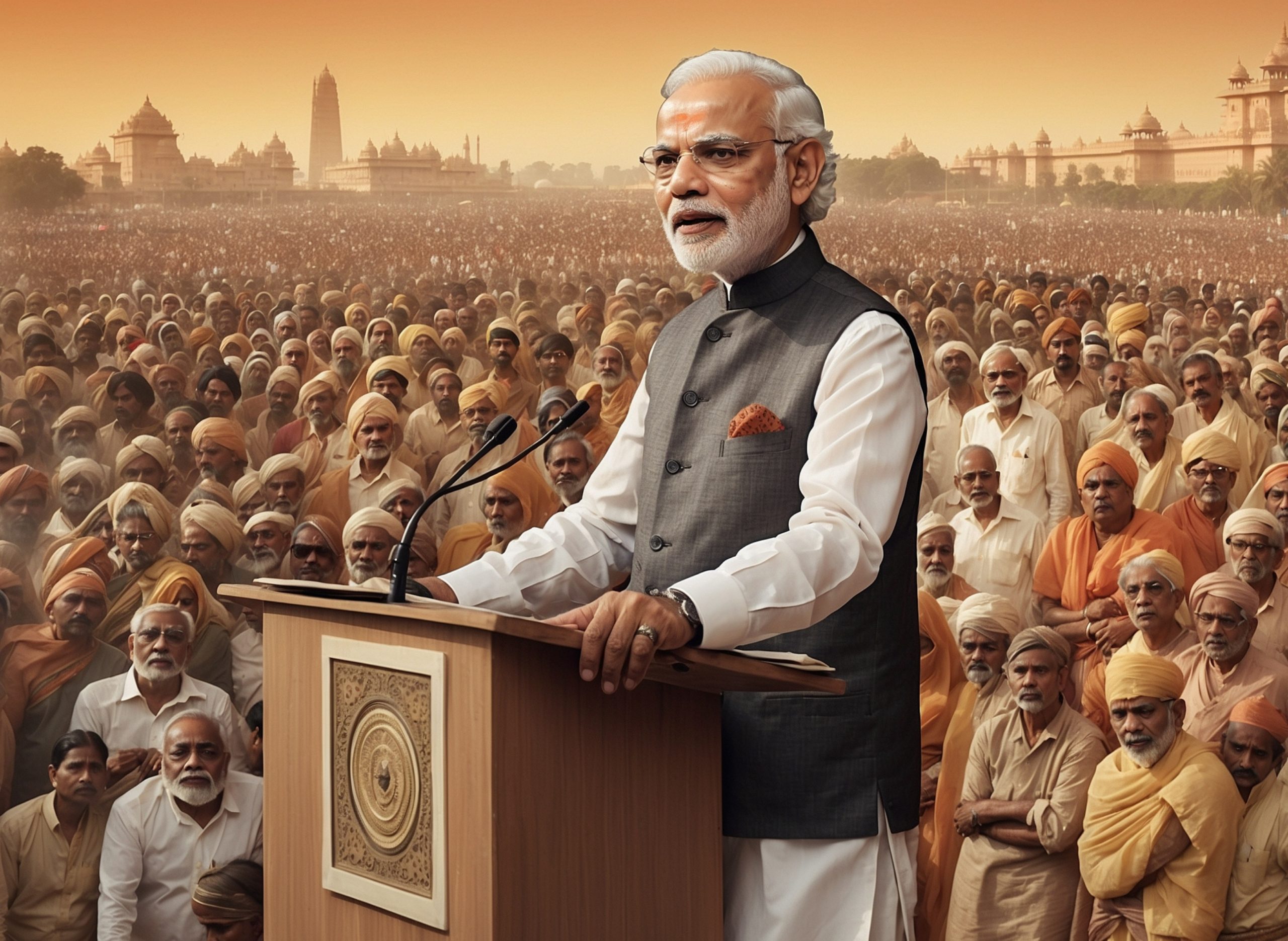
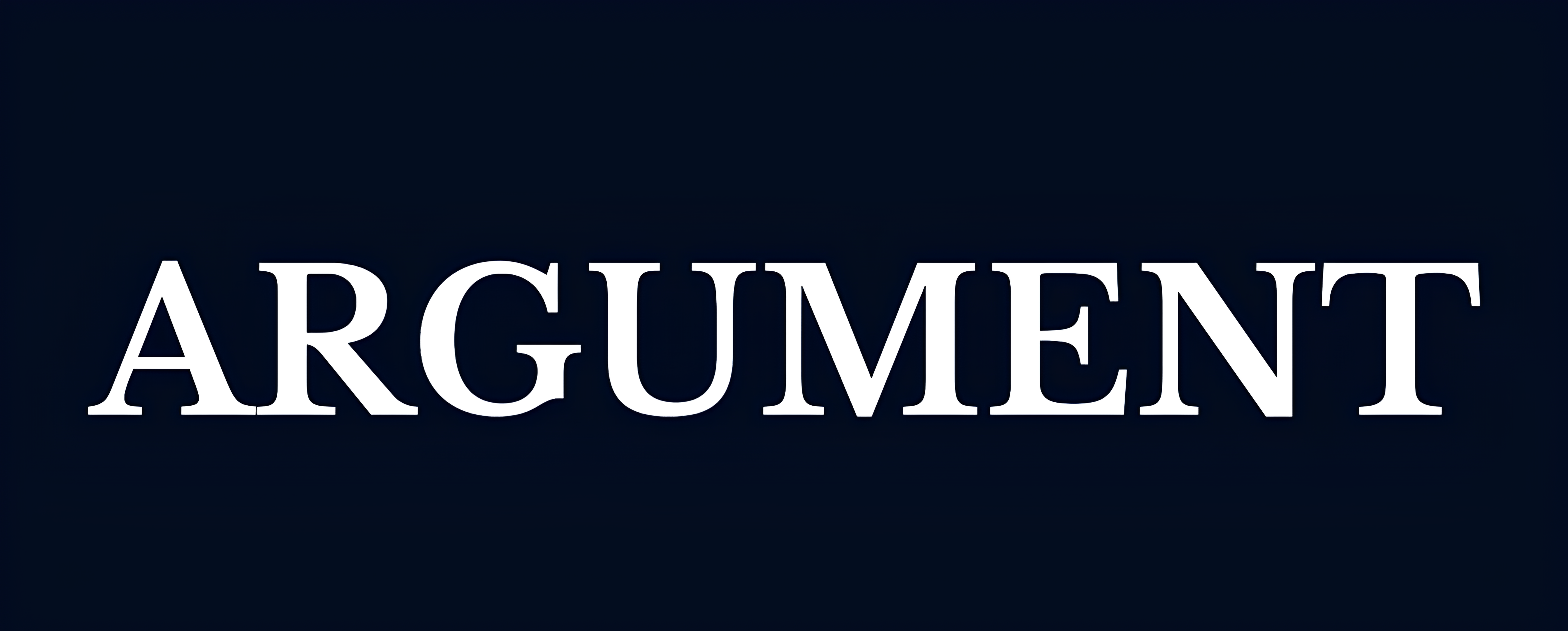
During Trump’s presidency, US-EU relations deteriorated due to tariffs, climate policy divergence, and skepticism about NATO. With the 2024 election approaching, the EU braces for potential shifts in the transatlantic relationship.
MAY 08, 2024
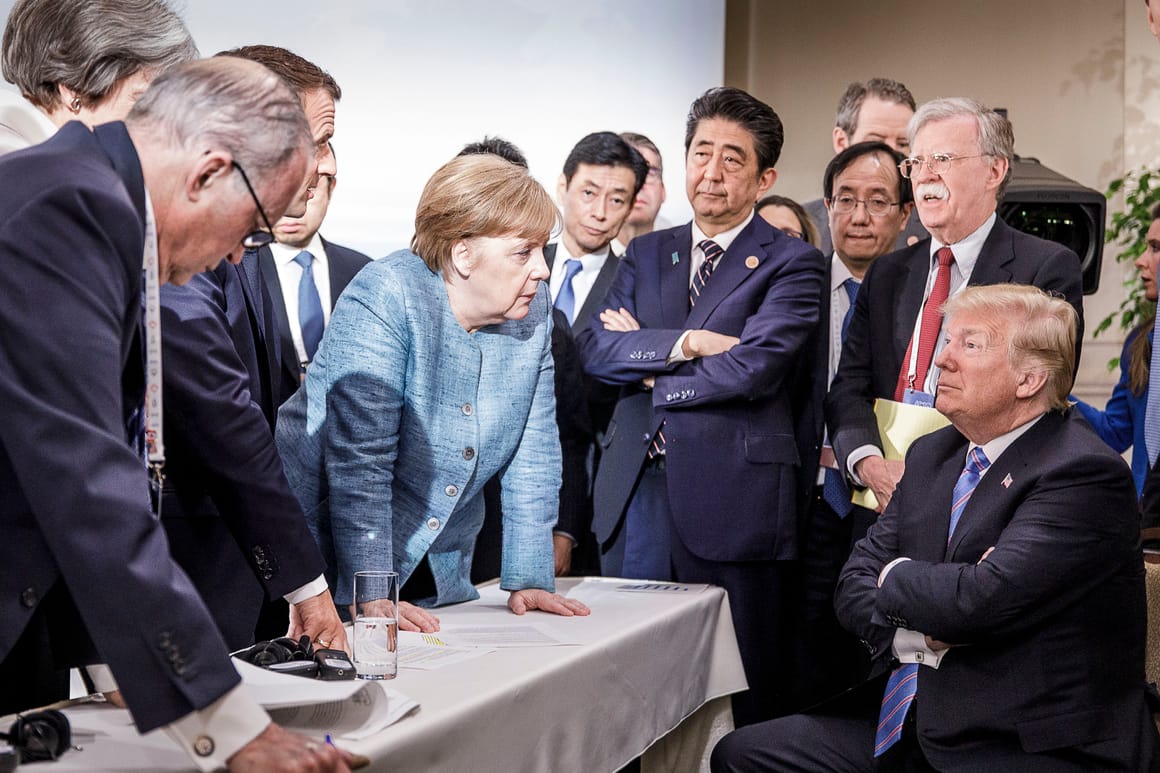
Donald Trump’s tenure as the President of the United States was particularly deleterious in terms of its impact on the US’ relations with the European Union. With his election in 2016, the EU, for the first time since the signing of the Maastricht Treaty in 1992, faced the prospect of having to work with a President who openly rejected the normative foundations of the liberal international order and was profoundly sceptical of any endeavour aimed at deepening transatlantic ties. This, quiet understandably, fomented distrust of America among European diplomats, whose general uneasiness at having to work with Trump could not possibly have been helped by statements wherein the 45th President referred to the EU as “a foe” that treats the US “worse than China”.
Furthermore, Trump’s decisions to impose tariffs on steel and aluminium imports from the EU, to threaten a pull-out from NATO, and to withdraw from the Paris Climate Agreement and the Joint Comprehensive Plan of Action (the Iran nuclear deal) were illustrative of the fact that, under his ‘America First’ agenda, he was ready to sacrifice the transatlantic relationship in pursuit of perceived American interests. It is for this reason that Biden’s victory in the 2020 Presidential election was celebrated by European leaders as a watershed moment that would help reorient US-EU relations and engender greater cooperation. However, Biden’s presidency has hitherto been marked by inconsistency with regard to his commitment to rebuilding relations with the EU. While his administration has taken a leading role in offering material support to Ukraine following the Russian invasion in 2022 and has remained actively seized of European security concerns ever since, they have also been criticised by the EU for the threat to European exports that some provisions of the Inflation Reduction Act pose.
Now, with the 2024 election on the horizon, the EU must brace itself once again for a contest that will define its relations with America for the next half-a-decade, and perhaps beyond. While Biden has started polling better over the past month, Trump, as of April 30, maintains a lead of 1.3 percentage points according to the RealClear Polling average, which indicates that the likelihood of a Trump return to the White House is considerable and, as such, is representative of a prospect that merits contemplation from EU officials with regard to what they can expect from a second Trump presidency. Fundamentally, this question can be distilled into four key issues that will determine what direction the transatlantic relationship takes till 2028 at least.


The strengthening alliance between Russia and China is creating a new era of multipolarity. Economic cooperation and strategic moves are challenging US hegemony.
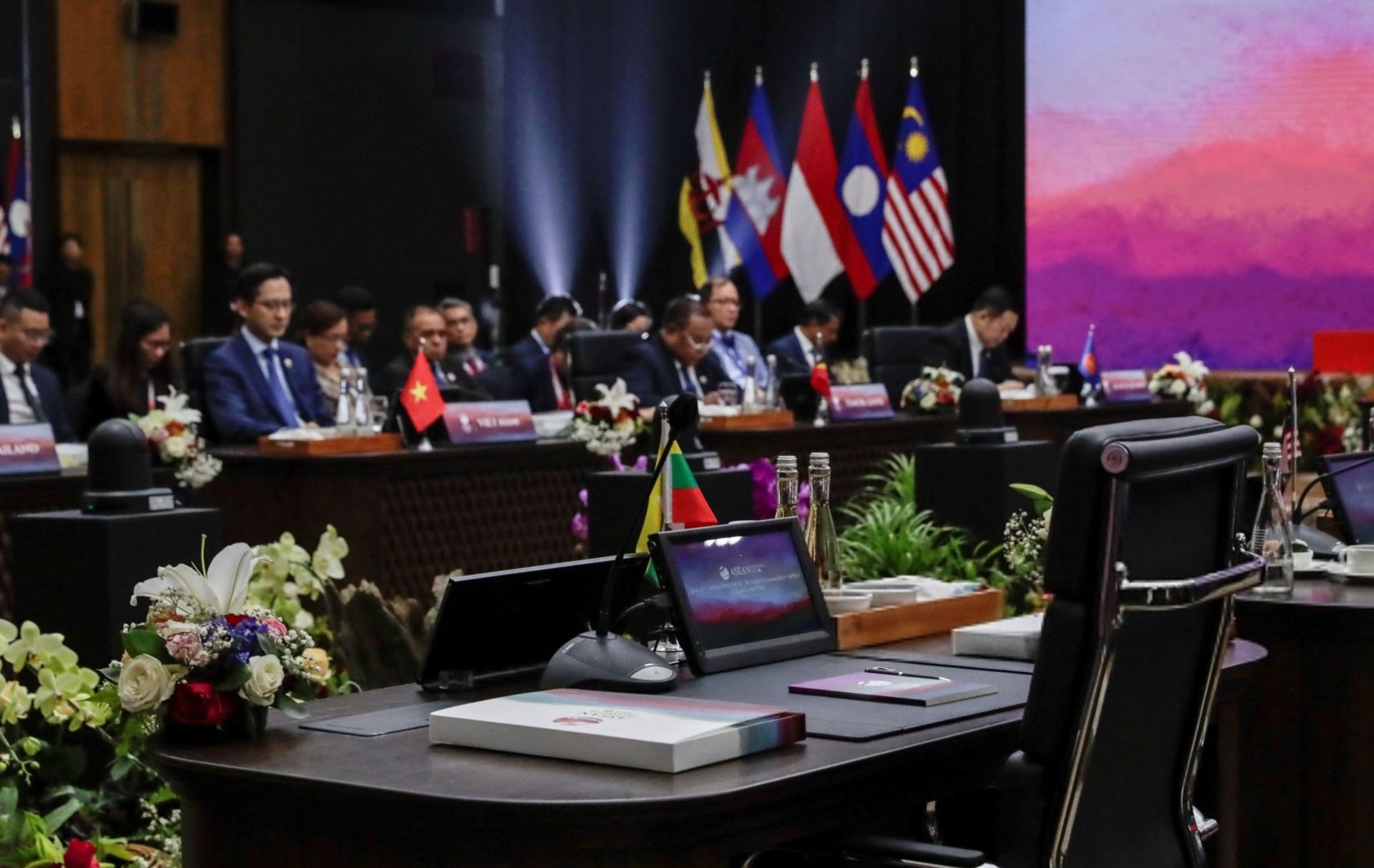
The first area of concern is European security. Trump has repeatedly expressed doubts over the structuring of American foreign aid as grants, and has instead advocated the handing out of loans for which the recipient country’s natural resources should be put up as collateral. Herein, one must note that the idea of extending aid in form of credit was already tabled formally in April when $9 billion worth of ‘forgivable loans’ was approved by the House as part of a broader $61 billion aid package for Ukraine, though none of the loans were conditioned upon the provision of Ukraine’s natural resources as collateral. It will, therefore, be interesting to observe how Trump deals with the issue of providing aid to Ukraine and one can reasonably expect friction with the Ukrainian leadership on the quantum and conditionality of financial and material support.
Besides, the EU’s plan to grant €50 billion ($53.8 billion) worth of ‘reliable financial support’ to Ukraine until 2027 has been criticised as insufficient by Trump, laying the ground for an immensely consequential transatlantic schism on a matter that, according to EU High Representative Josep Borrell, has seen Russian belligerence put “wider principles of European security at stake”. Furthermore, Trump’s disenchantment with NATO has the potential of causing relations with the EU to further deteriorate as, much to his exasperation, only two EU countries (Poland and Greece) match the USA in spending over 3 percent of their GDP on defence, with only seven other countries from the European bloc meeting NATO’s 2 percent target, a list that includes none of Germany, France, Italy and Spain. Trump’s dissatisfaction with the commitment of EU member states to NATO has effectively removed any certainty from the collective security aspect of the transatlantic relationship, and has caused French President Macron to urge Europe to consider an expansion of the Common Security and Defence Policy (CSDP) and even the creation of a continental army for the purpose of achieving self-reliance in security. Though the likelihood of such an endeavour ever being undertaken is admittedly low due to the enormous cost implications, whether Trump can manage to force Europe’s hand remains to be seen.
Secondly, jeopardy in US-EU trade ties can end up becoming a defining feature of the relationship during a second Trump presidential tenure. The Republican presumptive nominee’s first term was marked by his outrage at European antitrust bodies that sued American companies like Apple and Google for breaches of European competition law. This was a contributing factor in Trump’s 2018 tariff package whereby he imposed a 25 percent tariff on steel imports from Europe and a 10 percent tariff on aluminium imports. While the EU immediately retaliated with tariffs of their own and also instituted proceedings against the US at the WTO, the issue turned out to be a bone of contention for longer than some might have initially anticipated with an agreement to suspend tariffs till 2025 having only been reached in late 2023. Coupled with the threat that the tax subsidies and ‘Buy American’ provisions contained in the Inflation Reduction Act pose to European exports to the US, this renders the EU’s trade relations with America very delicately poised. In light of this, if Trump were to claim a legitimate electoral victory in 2024 and re-impose the steel and aluminium tariffs in 2025 while maintaining an anti-EU rhetoric, it would be hardly surprising to see the transatlantic relationship decline precipitously.
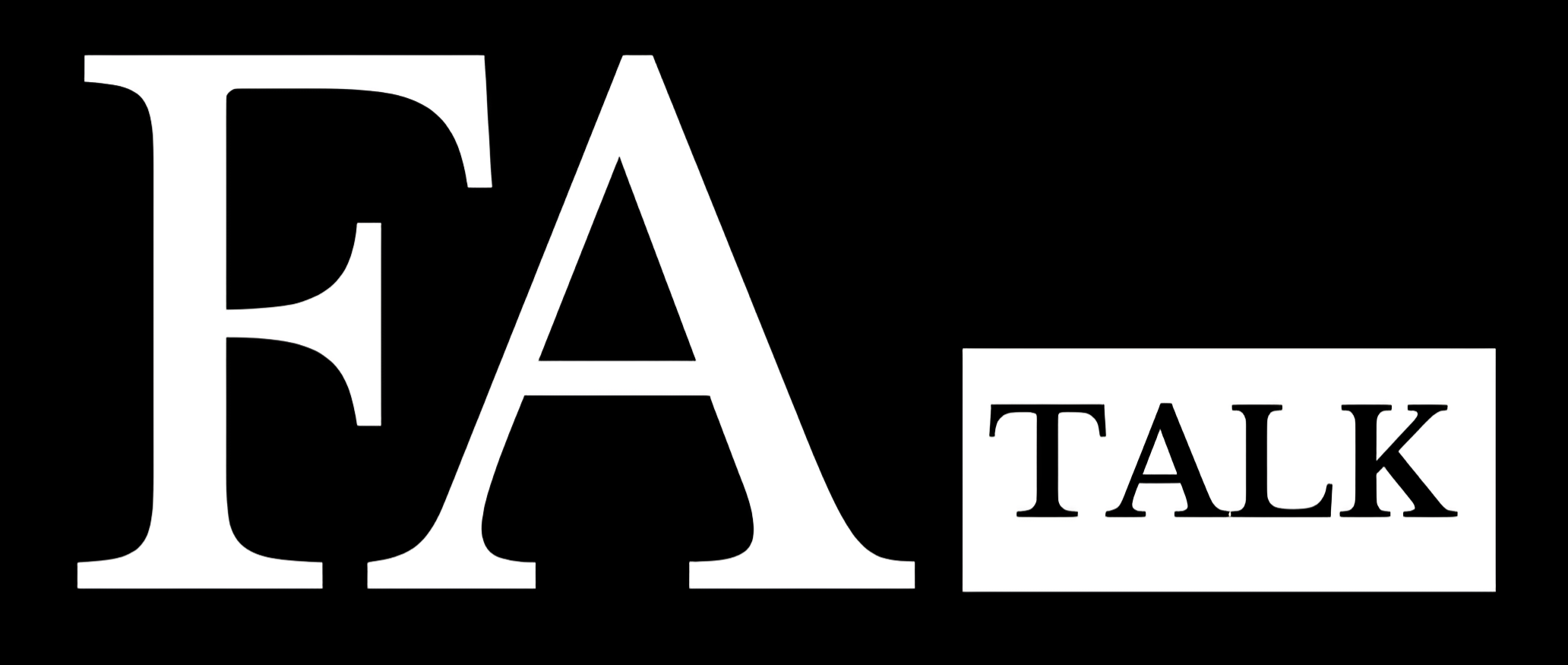
Thirdly, Europe’s interaction with China will also have a telling effect on its relationship with the US if Trump were to come to power. According to Eurostat, “China was the third largest partner for EU exports of goods (8.8 %) and the largest partner for EU imports of goods (20.5 %)” in 2023. Furthermore, European FDI in mainland China soared to $11.98 billion in 2022 from $7.12 billion in 2021, indicating a concerted effort to create investment-driven synergies between China and the bloc. This thrust placed by the EU on cooperating with Xi’s regime is perhaps epitomised by the Comprehensive Agreement on Investment (CAI). Agreed in 2020, the negotiated framework was conceived with the objective of broadening access for EU investors in Chinese markets and granting them fairer treatment.
Though the CAI is yet to be ratified by Europe due to human rights concerns and disputes in the EU and renewable energy sectors, the aforementioned trade and investment statistics point to the fact that the EU regards China as a state that they must get along with. In stark contrast, Trump has repeatedly hit out at China with a long a list of allegations ranging from currency manipulation to intellectual property theft, with the fraught relationship that they engendered during term as President culminating in the Sino-American trade war. Despite concluding a pact with China in early 2020 to cool economic tensions, the onset of the COVID pandemic saw Trump antagonise the country again by blaming it for the outbreak of the virus. Very recently, he also suggested that he might consider imposing a tariff upward of 60% on all Chinese imports if re-elected. These contrasting attitudes are indicative of a broader theme that is characterised by the divergence of European and American interests when it comes to China.
The EU’s conciliatory stance is driven by the pursuit of its economic interests whereas Trump’s position is founded on realist calculations of American hegemonic stability which leads him to seek out avenues of undermining competition from China. Though a disagreement on relations with the CCP-run state could see the US and EU drift further apart, it is important to note that potential common ground does exist on the issue of Taiwan. While the EU recognises the ‘one-China policy’ so as to not jeopardise its trade relations, Trump, unlike Biden, has been non-committal on questions of Taiwanese security, saying that taking a definite position on the matter would put him “in a very bad negotiating position”.
Fourthly and lastly, the issue of climate change could cause a fracture in US-EU relations if Trump were to be re-elected. Since the EU’s ratification of the Paris Climate Agreement, the European Commission has formulated a climate strategy called the ‘European Green Deal’ whereby it seeks to reduce emissions by 55 percent by 2030, and to achieve climate neutrality by 2050. This framework includes, among other policies, vehicular emissions standards (Euro 1 to Euro 6, with Euro 7 being introduced in 2025), a carbon tariff on the import of goods produced by carbon intensive industries (the Carbon Border Adjustment Mechanism), and a bond that is earmarked for environmentally sustainable financial initiatives (the European green bond standard). Trump, on the other hand, withdrew from the Paris Agreement during his term as President, characterising it as a treaty that actively undercuts the interests of working-class Americans. Furthermore, during a recent rally, he referred to the renewable energy sector as a “scam business”. The difference between Trump’s attitude towards the climate crisis and that of the EU’s is, therefore, apparent.
Considering the above, one observes that Trump and European legislators have fundamentally incompatible conceptions of the key foreign policy issues facing the US and the EU. With polls suggesting a fair chance of re-election, EU officials now face the possibility of having to work with an American President in whom they lack confidence and trust. One would, therefore, be well advised to keep a keen eye on how the campaigning for the 2024 US presidential election unfolds, as its result could have a huge bearing on the direction that the transatlantic relationship takes in the decade of the 2020s.
A curated seletion of FA’s must-read stories.
Written By: SeungHawn Kim
Written By: RIZWAN RAFI TOGOO
Written By: MARCO MENDEZ
Written By: KRISHNA ACHNAF HERINDRA
Written By: BILLY AGWANDA
Written By: SURUTHI LENIN
Written By: BERK TUTTUP
Written By: ALEXANDER BERGH

Sibaditya Pal is an undergraduate studying International Relations at King's College London. He aspires to pursue a career in academia and undertake research on European political economy and trade and competition law. He has served in the Committee of the King's College London International Relations Society in the capacity of a Speaker Recruiter and has experience working for the Foreign Desk of the Press Trust of India.
Written By: BATUHAN GUNES
Written By: KRISTIN HYNES
Written By: ERIC SONG
Written By: ALEXANDER BERGH
Written By: KATE-REID SMITH
Written By: JOSEF SCHOEFL
Written By: PATRIC MCFARLAND
Written By: FATIH CEYLAN
FA’s flagship evening newsletter guilding you through the most important world streis ofthe day. Delivered weekdays.
